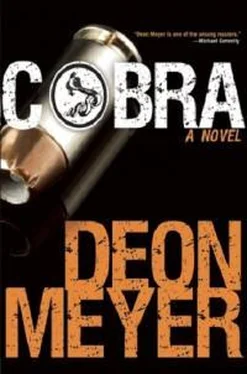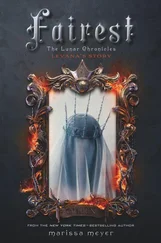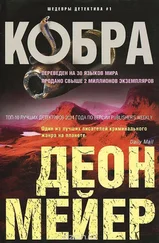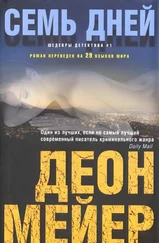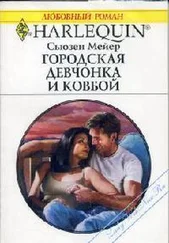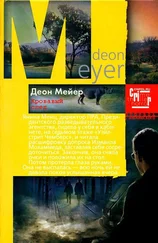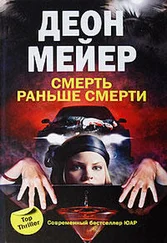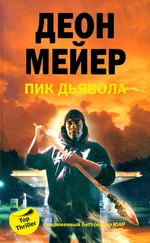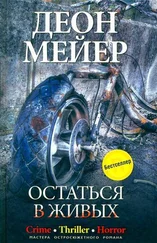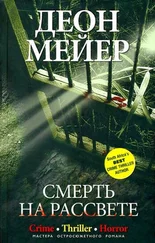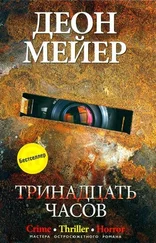Saliva gushed into his mouth, his hands shook. It had been months since he had last had this uncontrollable thirst. Part of him was aware of what was happening. He knew the trigger. The ‘secondary one’ was what Doc Barkhuizen called it. When he realised how rubbish and useless and irrelevant he was. And he needed the drink to confirm it, and he needed the drink to heal it.
Phone Doc.
Fok Doc. Doc didn’t understand. Doc’s life worked; his did not. He was hopeless, useless, bad. His work was increasingly becoming a joke. He had drunk away his life, lost his wife, the respect of his children. He could hear it in Fritz’s voice when he talked to his son. Fritz just kept him informed, but he talked to his mother. His colleagues gave him one look on a bad morning, and immediately jumped to the conclusion that he had hit the bottle. They were merely tolerating him, that uneasy sympathy you have for the handicapped. And Alexa Barnard, she would drop him as soon as she had her alcoholism and her life under control again, as soon as she saw through him once more and realised how shit he really was. He, who lied and ducked and dived from her because his fokken rascal couldn’t keep up. And why couldn’t it keep up? Because he had poured his libido, along with the rest of his life, down his throat.
He put his indicator on to turn left in Brackenfell Boulevard. There were drinking holes down near the hypermarket, his old, old hangouts when he used to pour one last dop before going home. Warm places in this wintry weather. Welcoming.
At the back of his mind there was a voice asking:What about Nadia Kleinbooi? She was Carla’s age, Christ, would he go drinking if it were his daughter?
He turned the indicator off again. It was faster to make a quick stop in Stellenbosch. Buy a little bottle. For the afternoon and the evening.
That’s what he would do. He settled on that.
Only once he drove past the entrance to the Devonvale golfing estate, did he focus on the true origin of his self-hatred and the urge to drink.
Mbali Kaleni had spoken with so much feeling about the devastation of democracy. And then Janina Mentz said this government could not be trusted with such a great responsibility. The fuck-up was that they were both right. And therein lay two big problems. First and foremost was déjà vu. Because he still remembered what it was like under apartheid. It didn’t matter how hard he used to believe he was only fighting the good fight against crime, that he was on the side of the good guys, there was always the niggling little voice in the back of his head. You couldn’t avoid the hatred in the others’ eyes, or the rage of the media, and the grubby association with colleagues who were doing evil things – even a few senior men in what was then the Murder and Robbery Squad. It wore you down slowly, because when you worked with death and violence and everything that was sick in a community, impossible hours for a ridiculous salary, then you wanted to, no you had to, believe you had good and right on your side. Otherwise you lost your self-respect, your faith in the whole business, and you began to ask yourself:What was it all for?
That had been one of the reasons for his drinking. That pressure. They all needed to soften the sharp edges of reality.
And then came the New South Africa and the great relief: now he could do his job in the bright, clear daylight of justice and respect.
It was what carried the SAPS through the first decade after apartheid, through the massive transformation, and the mess of national commissioners who were fired under one dark cloud after another. But now it felt like it was back to the bad old days again. A government that was slowly rotting. And it was catching. More and more policemen were doing stupid things, and there was more and more mismanagement, corruption and greed, sinking the Service deeper and deeper into the quicksand of inefficiency and public distrust. Despite the new national commissioner, who tried so hard, despite the work of thousands of honest and dedicated policemen, despite senior officers like Musad Manie and Zola Nyathi, whose integrity was entirely above suspicion.
Just as in the old days, he was increasingly reluctant to tell people he was a policeman.
Where did that leave him? A rat on a sinking ship. Once again. He couldn’t leap off, he had one child at university and another that wanted to go to a fokken hellish expensive film school. At forty-five he was just a stupid career policeman who could do nothing else.
Which brought him to the second problem that Mbali and Mentz’s words had revealed: his inability to think about stuff like the powers of the government, information laws, and Struggle history. What was wrong with him that he was stuck at ground level, always wrestling with such basic, mundane things? So that he was embarrassed when Mbali pointed out the bigger picture, the deeper principle, with so much passion and integrity.
What was wrong with him? He had become irrelevant in a vocation that demanded deeper thought and insight and intelligence. In a country and a world that was changing far faster than he could adapt to it.
What was wrong with him?
Just about everything.
But nothing that drink would not put right.
The irony did not escape Tyrone Kleinbooi.
Beggars can’t be choosers, he thought, but to go and choose a beggar?
He had no choice: time was running out, and fast. He was hurriedly scanning the stall in front of Bellstar Junction for a helper, a sidekick, and then this ou appeared beside him, as abrupt and unexpected and embarrassingly silent as a wet dream. Filthy, and with many hard years on the clock. But under the brown layers of sunburn and lack of personal hygiene, he saw to his surprise that the guy was a whitey. In a faded blue overall jacket, ragged orange jersey underneath, eyes bright blue in a red-brown face, he said, ‘Brother, I haven’t eaten today.’
At first Tyrone wanted to say, ‘Brother? Watse brother, nowadays you’re a brother of everyone that lives and breathes, what’s up with that?’ But he thought better of it and looked more closely at him. This ou would pass for a coloured.
He’d never thought to ask a whitey. Because the ones you could trust wouldn’t help with a coloured man’s troubles. And the rest . . .
‘Show me your hands . . .’
‘Excuse me?’ said the man.
‘Show me your hands.’
The man slowly lifted his hands, palms up. Tyrone looked. He saw no tremor.
‘You’re not on tik ?’ Tyrone asked.
‘That’s not my drug.’
‘What is your drug?’
‘ Boom ,’ he said with a measure of pride.
‘When last did you smoke weed?’
‘Day before yesterday. But I’m hungry now, brother.’
‘What’s your name?’
‘Bobby.’
‘Bobby who?’
‘Bobby van der Walt.’
It was such an unlikely name for a bum that he felt like laughing. ‘OK, Bobby, so you’re looking for a bit of money?’
‘Please.’
‘You can earn it, Bobby.’
He could see the man lose interest instantly. ‘Just a small, easy job,’ said Tyrone quickly.
The blue eyes were suspicious. ‘What kind of job?’
‘A legal job. Easy money. A hundred bucks for ten minute’s work.’
‘What must I do?’
‘Do you see that fl yover?’ Tyrone pointed at the M11 fl yover that ran past the station building on concrete pillars, high in the air.
‘I’m a smoker, but I’m not stupid,’ said Bobby van der Walt. ‘I see it. It’s the Tienie Meyer Bypass.’
‘Fair enough, brother,’ said Tyrone. ‘Now let me tell you what you must do.’
When Benny Griessel drove into Stellenbosch, and his eyes began searching Bird Street for an off-licence, he thought: four hundred and twenty-three days clean. Four hundred and twenty-three long difficult days. He didn’t have a political struggle, he had a drink struggle, a life struggle. His whole being said, Fuck it all, but somewhere in his head there was an objection:You will have to tell Doc why you threw away four hundred and twenty-three days. You will have to tell Alexa as well.
Читать дальше
